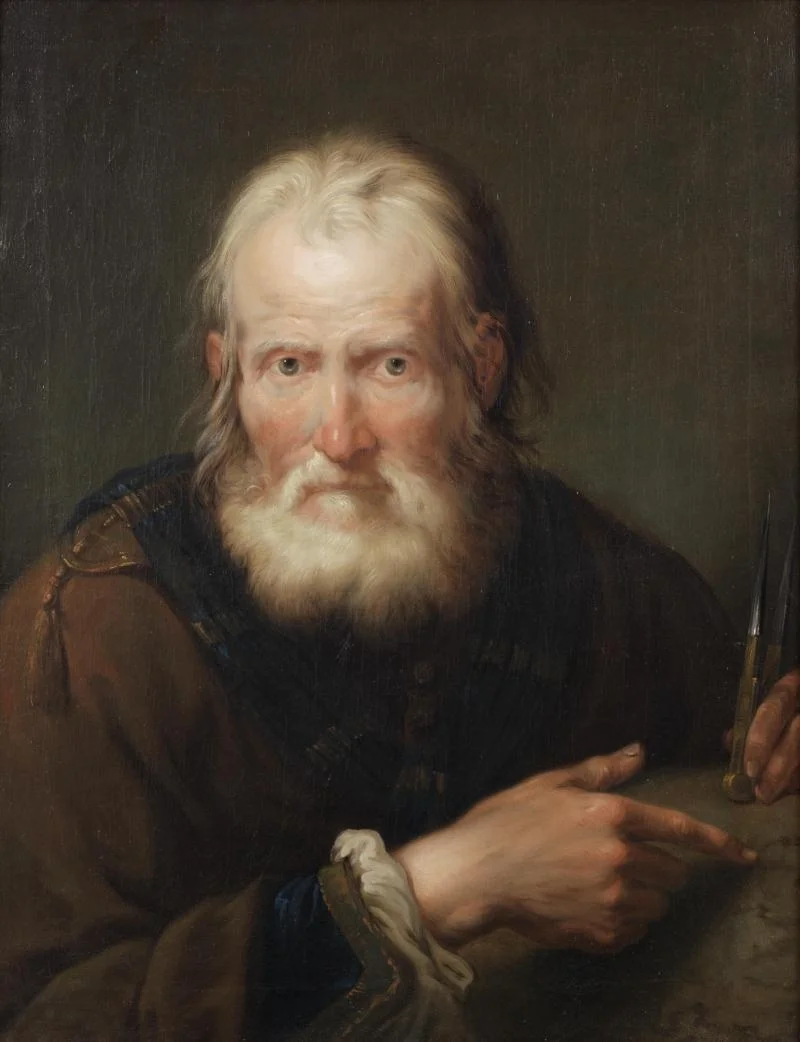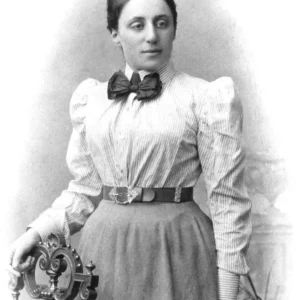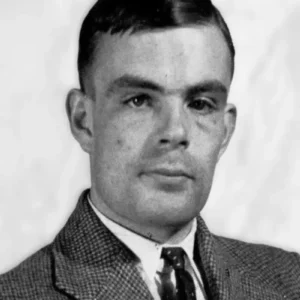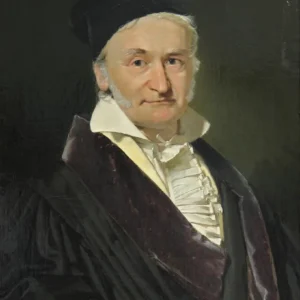Archimedes of Syracuse, born in 287 BCE, was one of the greatest mathematicians and inventors of ancient Greece. His contributions to mathematics, physics, engineering, and astronomy have left an indelible mark on the world. Known for his legendary “Eureka” moment and groundbreaking discoveries, Archimedes’ genius continues to inspire and influence modern science and technology.
Early Life and Education
Birth and Background
Archimedes was born in the Greek colony of Syracuse, located on the island of Sicily. His father, Phidias, was an astronomer, and it is likely that Archimedes inherited his passion for knowledge and discovery from him. Little is known about his early life, but it is believed that he came from a wealthy and influential family.
Education in Alexandria
Archimedes received his education in Alexandria, Egypt, one of the leading centers of learning in the ancient world. He studied under the renowned mathematician and scholar, Euclid. The knowledge and skills he acquired in Alexandria laid the foundation for his future contributions to science and mathematics.
Mathematical Contributions
The Principle of Buoyancy
One of Archimedes’ most famous discoveries is the principle of buoyancy, also known as Archimedes’ Principle. This principle states that a body submerged in a fluid experiences an upward force equal to the weight of the fluid displaced by the body. Archimedes reportedly discovered this principle while taking a bath, leading to his famous exclamation, “Eureka!” which means “I have found it!”
The Method of Exhaustion
Archimedes made significant contributions to the field of geometry. He developed the method of exhaustion, a precursor to integral calculus, which allowed him to calculate areas and volumes of various shapes with remarkable precision. Using this method, he determined the area of a circle, the surface area and volume of a sphere, and the area under a parabola.
The Archimedean Spiral
Another notable contribution is the Archimedean spiral, a curve that grows outward as it revolves around a fixed point. Archimedes studied this spiral and used it to solve problems related to angle trisection and the area of a circle. The Archimedean spiral continues to have applications in various fields, including engineering and computer graphics.
Inventions and Engineering
The Archimedes Screw
Archimedes is credited with inventing the Archimedes screw, a device used to lift water for irrigation and drainage. The screw consists of a helical surface inside a cylinder and can efficiently move water uphill. This invention has had a lasting impact on engineering and is still used in modern applications.
War Machines
During the Second Punic War, Archimedes designed innovative war machines to defend his home city of Syracuse from the Roman forces. These machines included powerful catapults, stone throwers, and the famous “Claw of Archimedes,” a mechanical arm that could lift and capsize enemy ships. His ingenuity in warfare earned him a reputation as a brilliant military engineer.
The Lever and the Pulley
Archimedes’ work on the principles of levers and pulleys laid the groundwork for the study of mechanics. He famously stated, “Give me a place to stand, and I will move the Earth,” highlighting the power of levers to lift heavy objects with minimal effort. His understanding of mechanical advantage has been fundamental to the development of engineering and machinery.
Contributions to Astronomy and Physics
The Law of the Lever
Archimedes formulated the law of the lever, which describes the relationship between the lengths of the arms of a lever and the weights applied to them. This law is a cornerstone of classical mechanics and has practical applications in various engineering and scientific fields.
The Archimedean Principle in Hydrostatics
In addition to his work on buoyancy, Archimedes made significant contributions to hydrostatics, the study of fluids at rest. He analyzed the equilibrium of floating bodies and formulated principles that are still used in modern fluid mechanics.
Legacy and Impact
Influence on Later Mathematicians
Archimedes’ work had a profound influence on later mathematicians and scientists, including Isaac Newton, Galileo Galilei, and Johannes Kepler. His method of exhaustion paved the way for the development of calculus, and his principles of mechanics laid the groundwork for classical physics.
Preservation of His Works
Many of Archimedes’ writings were lost over time, but some of his most important works were preserved through copies made by later scholars. These works, including “On the Sphere and Cylinder,” “On Floating Bodies,” and “The Method of Mechanical Theorems,” continue to be studied and admired for their mathematical rigor and creativity.
Archimedes’ Legacy in Modern Science
The legacy of Archimedes lives on in modern science and technology. His discoveries and inventions continue to inspire innovation and progress. The principles he formulated remain fundamental to our understanding of mathematics, physics, and engineering.
Conclusion
Archimedes’ genius and contributions to mathematics, physics, and engineering have left an enduring legacy that continues to shape the modern world. His pioneering discoveries, innovative inventions, and profound insights into the natural world have earned him a place among the greatest minds in history. As we celebrate Archimedes’ remarkable achievements, we are reminded of the power of human curiosity, ingenuity, and the timeless pursuit of knowledge.



